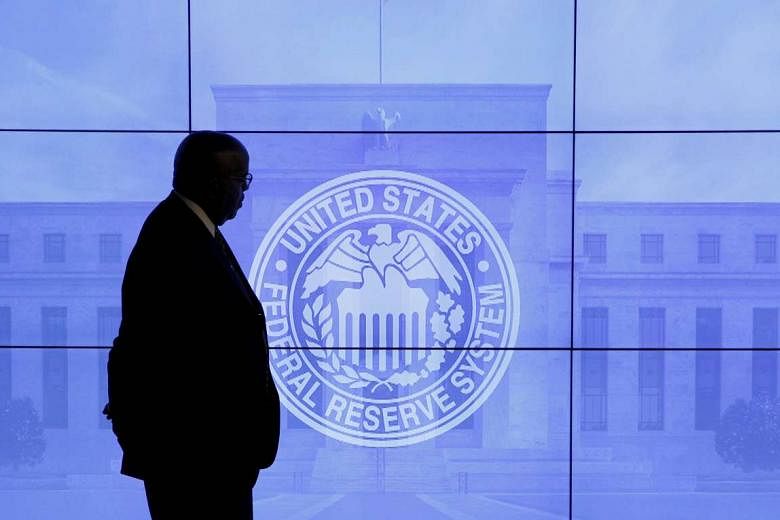PHILADELPHIA (Reuters) - The Federal Reserve may want to hold off on monetary policy changes until after the US presidential election on Nov 8, Philadelphia Fed President Patrick Harker said on Thursday.
Fed officials normally take pains to distance themselves from electoral politics, and Harker's comments were an unusual admission that the Fed might need to craft policy based on who wins the White House.
Harker will not vote at the Fed's Nov 1 and 2 policy meeting but will participate in its discussions. His comments on Thursday (Oct 13) could draw the ire of Republican presidential candidate Donald Trump, who has accused the Fed of playing politics by keeping interest rates low.
Harker said he had been in favour of a rate increase at the Fed's September policy meeting and he insisted politics never play a role in the Fed's internal debate.
"What I'm worried about is depending on the outcome of the election and what happens after that, if there are policies that would have distortive effects that we would have to respond to, we'll have to respond," he told reporters in Philadelphia.
"And I don't know which way that will go. But it may be prudent to wait until we have resolved some of that uncertainty," he said.
Investors see little chance of an interest rate increase in November given the proximity of the election. Fed Chair Janet Yellen has repeatedly denied politics will play a role in Fed decisions.
While Democratic candidate Hillary Clinton has a lead in public opinion polls, some economists think Trump, if elected, could disrupt the economy by following through on promises to throw up barriers to foreign trade.
Harker said the Fed should raise rates once by the end of this year. He will have a vote on rate policy at the Fed's 2017 meetings.
"Despite frequent talk about a sub-par economy, we're actually doing pretty well," Harker told the World Affairs Council earlier in Philadelphia, adding that he expects the economy will need "at least two" rate increases next year.
His comments on the timing of rate increases put him in line with the Fed's signaling last month that the economy was on track to need one rate increase this year and two in 2017.
The Fed last raised rates in December 2015 - its first rate hike in almost a decade - and minutes from its most recent meeting in September showed several voting policymakers judged a rate hike would be warranted "relatively soon."

